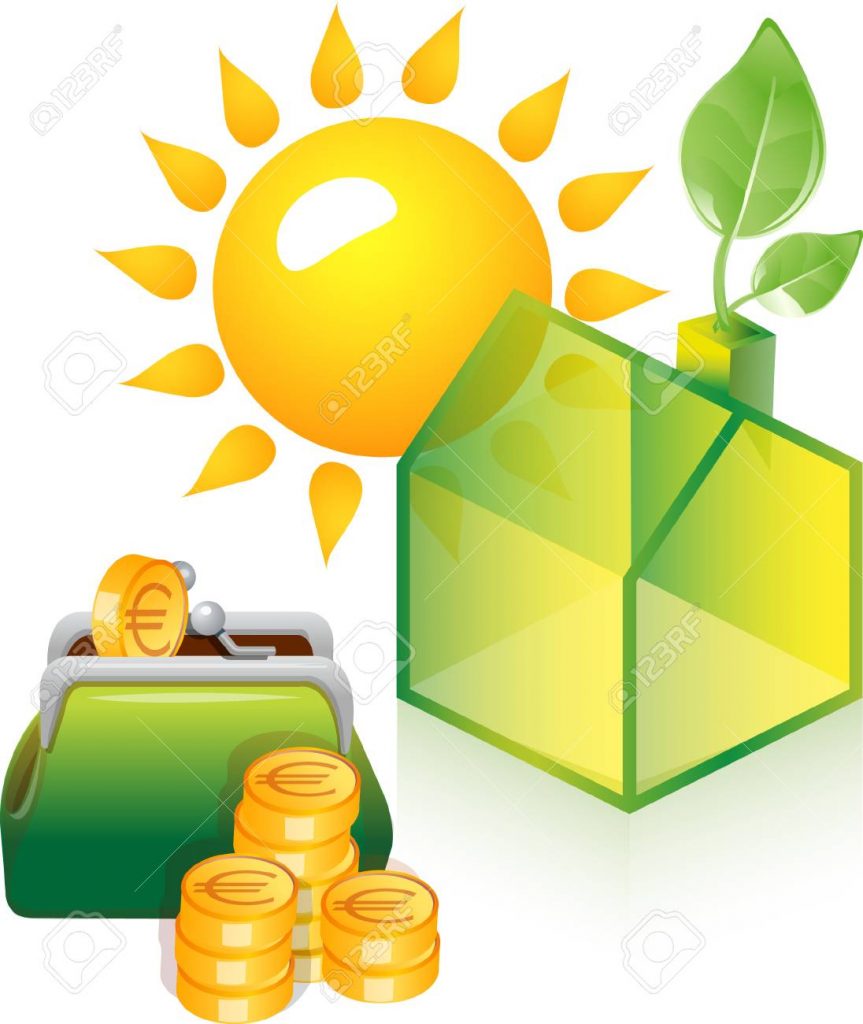The Renewable Energy Directive establishes an overall policy for the production and promotion of energy from renewable sources in the EU. It was emended in 2009, defining both European and national targets regarding the generation of renewable energy.
The European target was originally 20 per cent of the gross final consumption by the year 2020, while national targets varied among countries, according to the starting point and the overall potential for renewables in each country (from a minimum of 10% in Malta to 72% in Iceland).
New targets…
On June 13th a revision of the Directive was defined. MEP and Council of Ministers negotiators, after the agreement of the European Parliament and EU member states, agreed that the revised Renewable Energy Directive will contain the new objective that renewables will supply at least 32 per cent of the EU’s gross final consumption by 2030.
…and new rights!
The revisions also propose to encourage more local ownership of renewable energy and enshrine in law the right of citizens to produce, consume, sell and store renewable energy.
The potential of renewable energy generated at the small scale has always been significant. The problem is that the way power is bought and sold easily fit with giant coal-plants or huge offshore wind turbines, but not so well with the mass production by millions of households. It’s a system set up for large energy companies who hire teams of traders to buy and sell their power.
“By disrupting this system, and enabling individuals and communities to produce renewable energy, millions of people will be able to more directly contribute to the fight against climate change — while helping to develop the renewable energy industry, cut electricity bills and reduce reliance on the traditional energy producers.” (Sebastian Mang, on Unearthed).
The Directive states the rule that those producing their own energy have to receive at least the market value for the surplus electricity they inject into the grid. That may sound obvious, but it is not what happens everywhere (in Spain for example, it was possible to produce energy and not being paid for the additional benefits provided to the system and the environment).
Another innovation is the introduction of new electricity sharing schemes providing renewable energy to low-income consumers by allowing electricity credits generated in one location to be bought and sold or transferred to the electricity bill of another location. This will enable people living in buildings unsuitable for roof-top solar, such as flats and apartments, to still be active in the electricity market.
Finally, there is also an acknowledgement that empowering local people to participate in renewable energy projects results in higher levels of acceptance and enthusiasm for renewables and that local involvement is key to pushing an energy transition and increasing renewable energy capacity in the future.
The importance of incentivating the small scale production of energy
The revision of the Directive opens wide new paths for the development of renewables in Europe. Member States, but also every single citizen, is called to cooperate in order to enhance the potential of these energy sources and the whole sector in order to deal with the climate change problem and the reduction of GHGs into the atmosphere. If we want citizens to be proactive, first of all, we have to provide them with the means in order to do that and to support them in all their actions (paying them for the benefits they generate is a “good” way of doing that, also considering that the installation of solar panels is generally expensive and not always covered by a proper mechanism of public subsidies).



